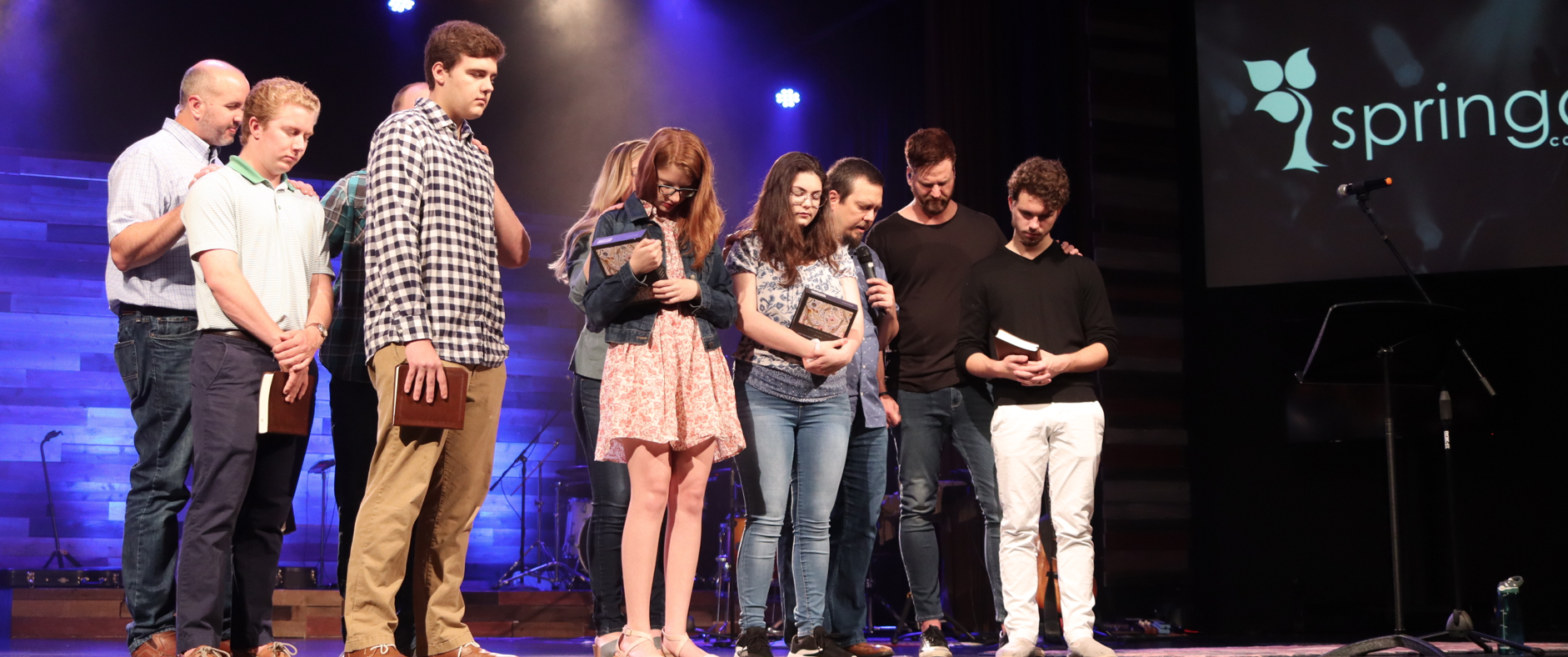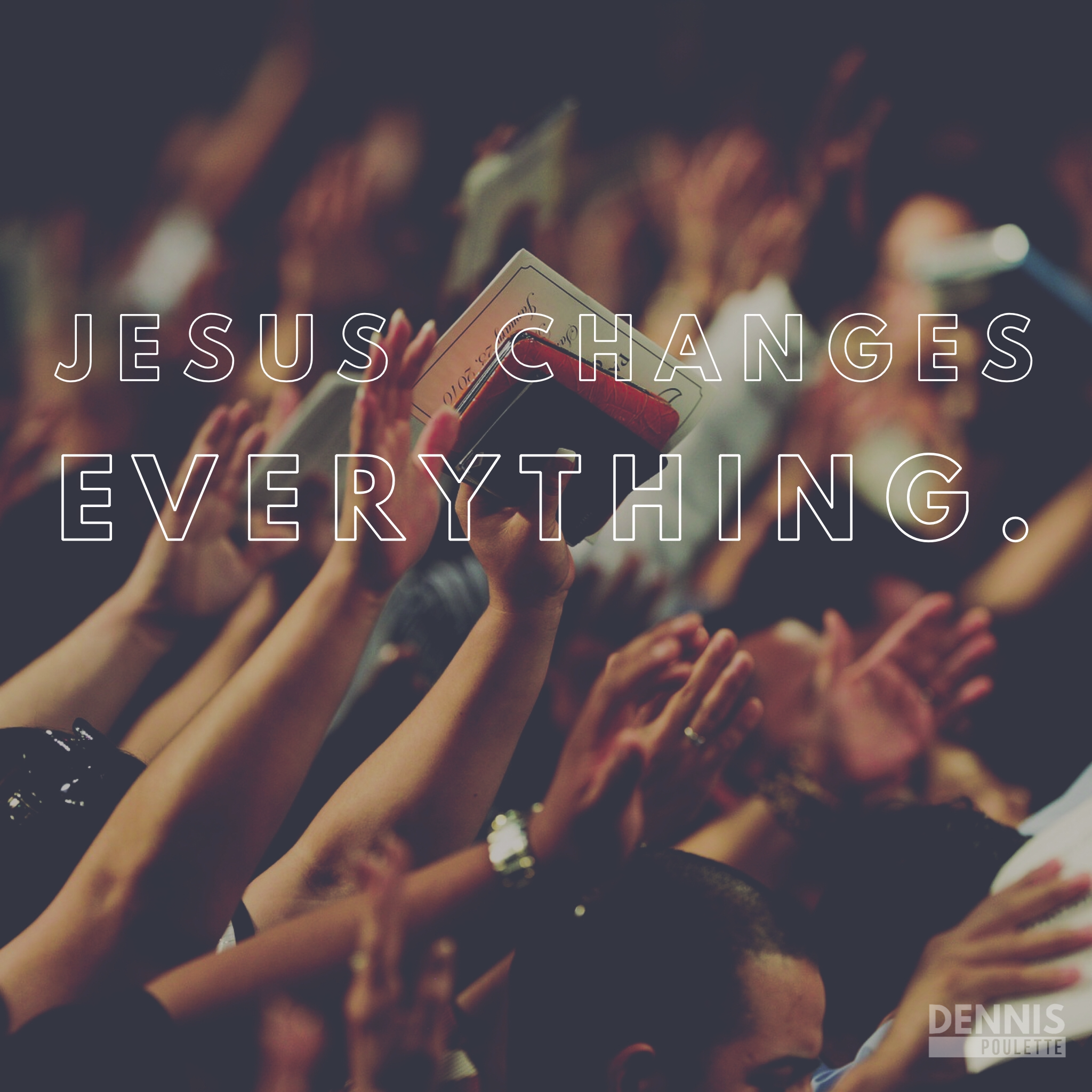Bible Reading Plans for the New Year

A new year is here and many of us are thinking about Bible reading. Today I want to share 5 Bible reading plans you could use to make this a year of great spiritual growth. Keep reading because I’ll also tell you what reading plan I’m going to use and why I’m going to use it.
The truth is the Bible can be an intimidating book, and if you don’t have a plan to read it, you probably won’t. While many Christians have the desire to read it, it’s overwhelming for many. How often do you really pick up a book this size and try to read it?
With technology, we can now keep better track of our progress and even be reminded to read.
The YouVersion app has been one of the great gifts to the kingdom of God in recent years, and it’s full of great Bible reading plans. Here are five of them.
Five Great Bible Reading Plans on YouVersion
ESV Study Bible Plan: I generally use the ESV to read and study the Bible, so the ESV plan makes sense. It breaks reading up into four sections: Psalms and wisdom, first five books of the Bible and the history of Israel, the prophets and chronicles, and the fourth one is the New Testament. The thing I like about this plan is that you could break your reading into four times per day and understand what you’re reading each time.
Eat this book: Join me in reading Eat this Book: One Year Bible with Daily Psalm: this one will start in the Old Testament and continue on into the New Testament with a Psalm each day. I know multiple people who completed this plan last year.
M’Cheyne One Year Bible Reading Plan: this one is a classic. Each day you read from the OT, the NT, and either the Psalms or the Gospels. Another great way to read is to break it up into four times a day…maybe at each meal and then right before you go to bed.
The One Year Bible: this has daily readings from theOT, the NT, the Psalms, and Proverbs. It’s pretty straightforward and is very popular.
The Bible Project Plan: This chronological plan includes a video overview of each book. Their videos are incredibly well done and give great insight into the Bible.
So there are 5 reading plans to get you started in the Youversion Bible app this year.
Put a comment below about what your plan is for reading the Bible this year. I’d love to see.
So which plan am I reading?
I recently got invited to participate in a plan called As it Happened. I’m reading it with a group from my church, so I decided to accept that invitation and read through the Bible with them.
It will help with accountability which is key if you’re going to stick with the plans this year.
I also made a video about using the SOAP method for studying the Bible. You can watch that video by clicking here.






